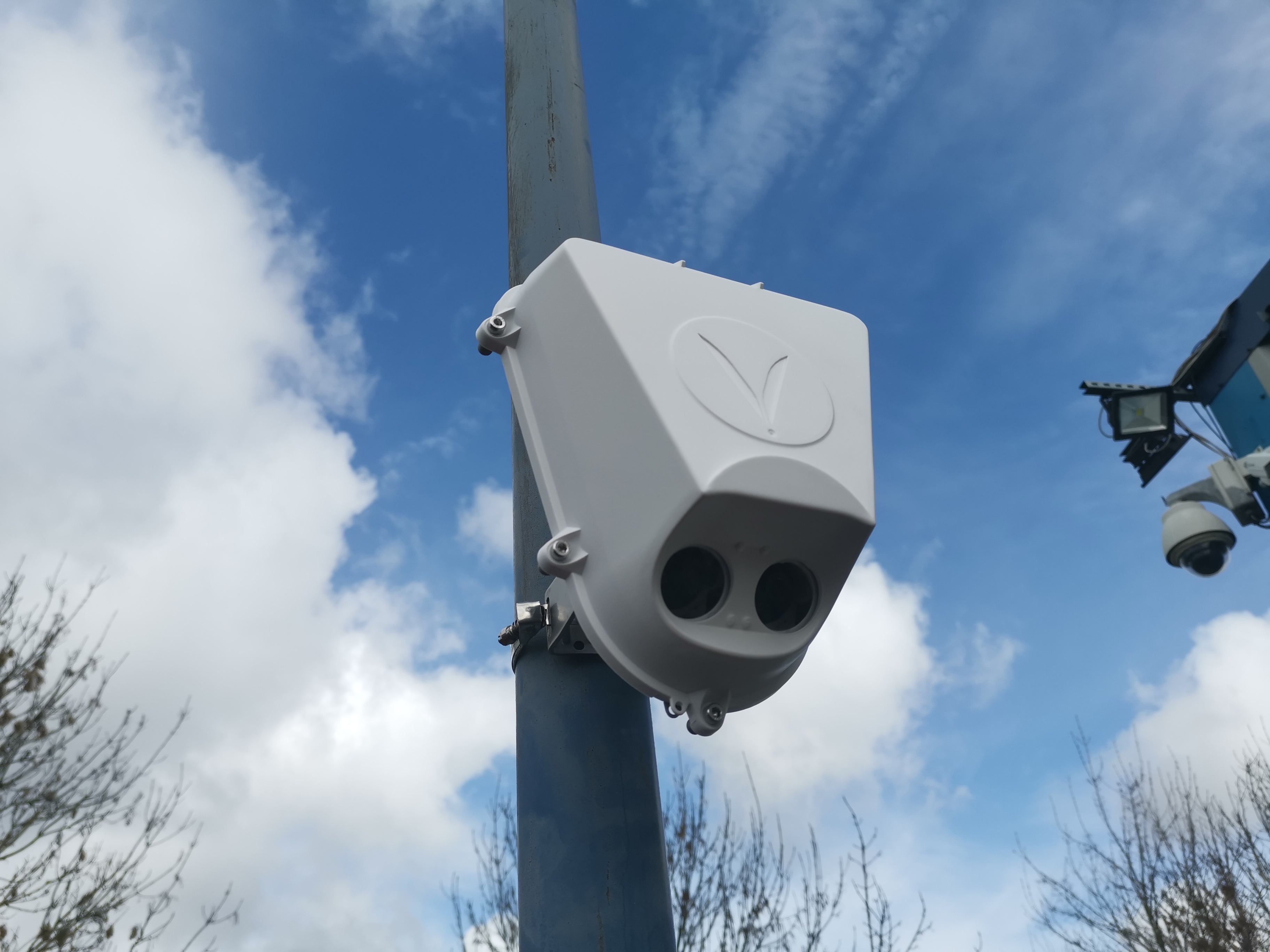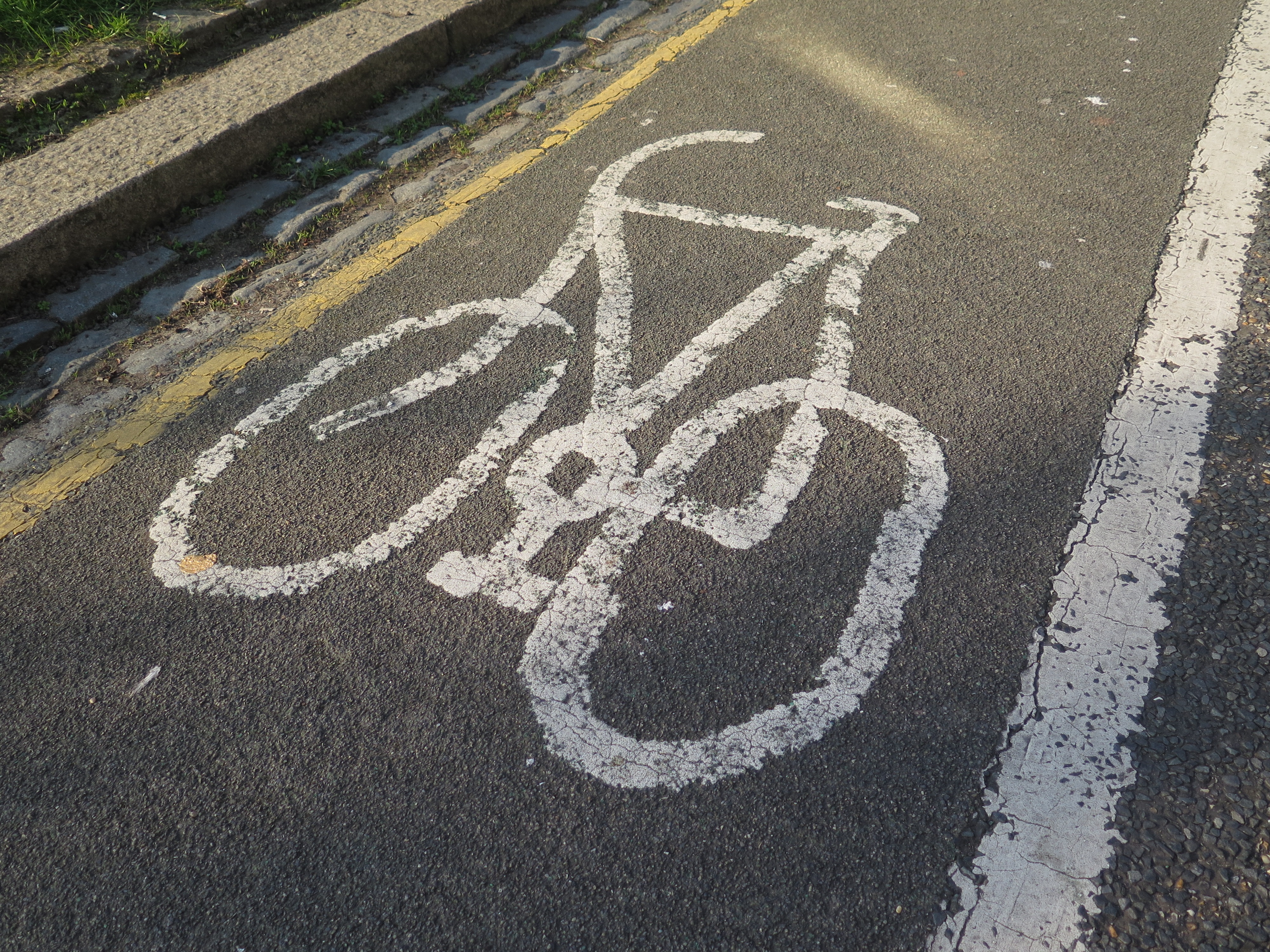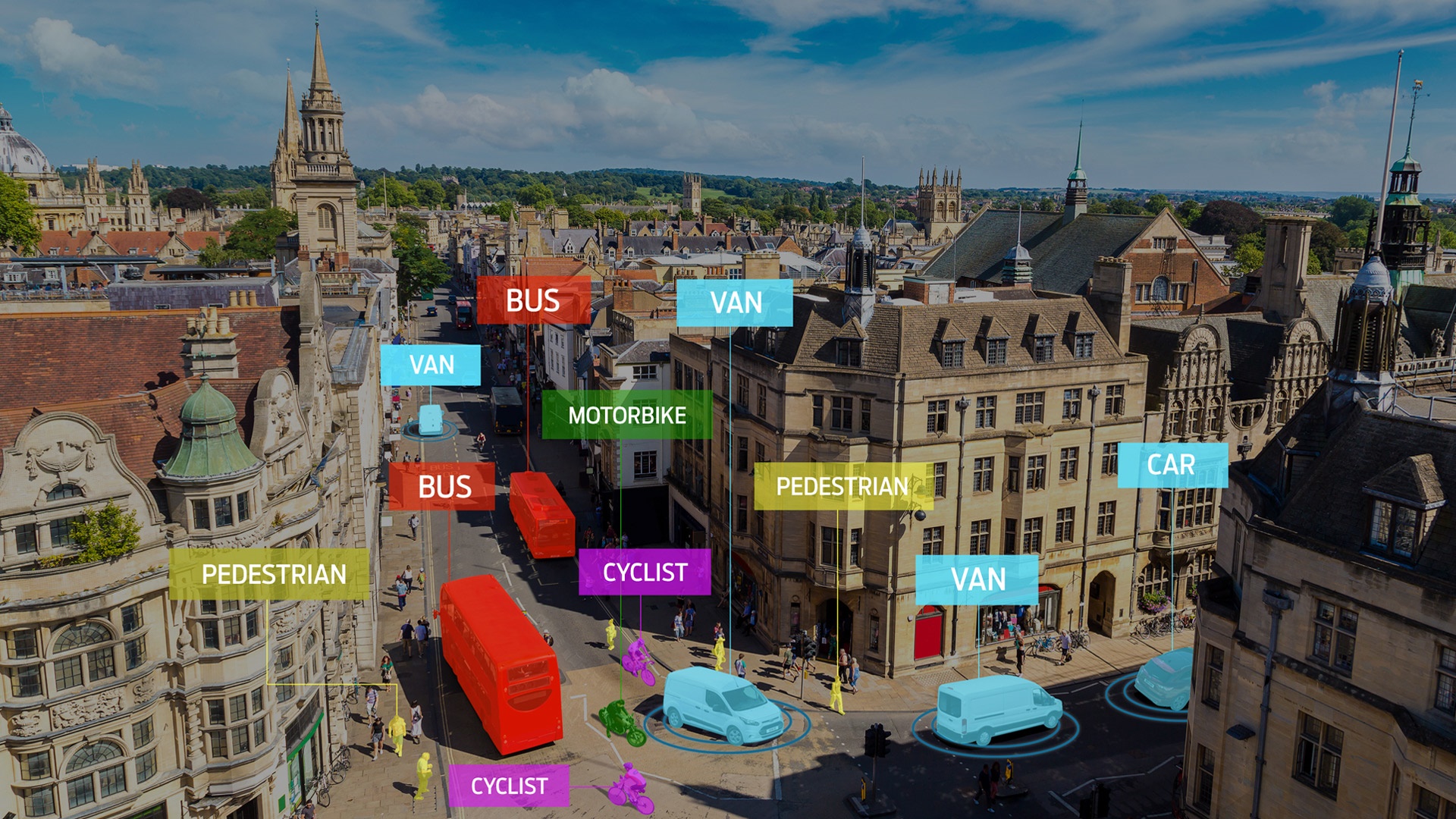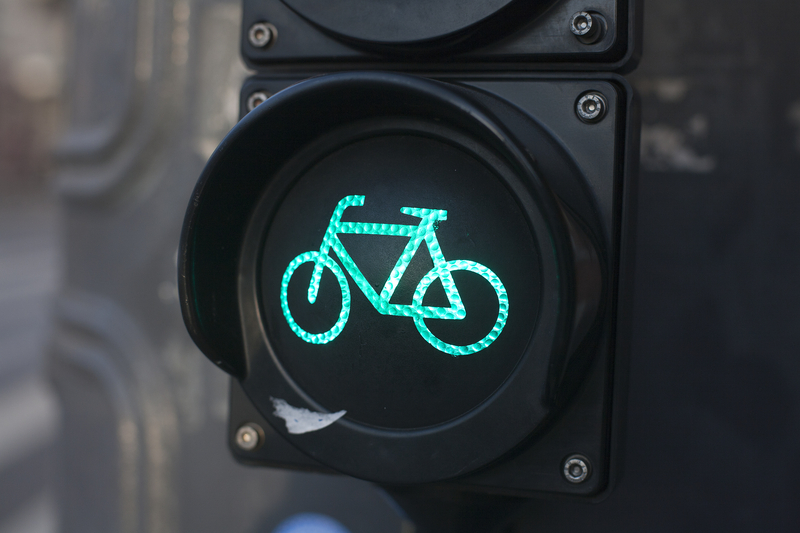
VivaCity sensors are being used in a trial to give vulnerable road users greater priority over motor vehicles as part of an initiative to boost active travel in the UK's West Midlands region.
Transport for West Midlands (TfWM), part of the West Midlands Combined Authority (WMCA), and Solihull Council have installed the technology at a toucan crossing - a pedestrian road crossing which bicycles can also ride across - near Blythe Valley.
VivaCity says the sensors detect cyclists 20-30m from the crossing compared to standard technology - they use intelligent video analytics and advanced algorithms to accurately and anonymously classify users and avoid false detections.
Early detection enables traffic signals to go green more quickly, giving cyclists an uninterrupted journey on their bikes - thus improving safety and making cycling a less stressful option.
The pilot is the first time these sensors have been used in the region, and is expected to serve as a model for future projects aimed at reducing vehicle dependency.
“Road safety is a top priority for me, and I want everyone to feel secure when cycling or walking," says Richard Parker, mayor of the West Midlands and WMCA chair. "This project gives us a chance to see how AI can make our roads safer by detecting cyclists and pedestrians and manage traffic signals to give them more time to cross safely.”
Peter Mildon, COO of VivaCity, said: “Our smart sensors are specifically designed to enhance the efficiency and safety of road networks.”
“Our aim is to set a new standard of road safety across the UK, including in the West Midlands. We are dedicated to making journeys safer for everyone and look forward to continued collaboration with TfWM.”
Solihull Council’s cabinet member for environment and infrastructure, Ken Hawkins, says: “We want to do all that we can to encourage people to travel safely and sustainably across the borough. The new sensors will help make the Monkspath to Blythe Valley active travel route a more attractive option for cyclists so they can travel quickly but safely on this key route.”












